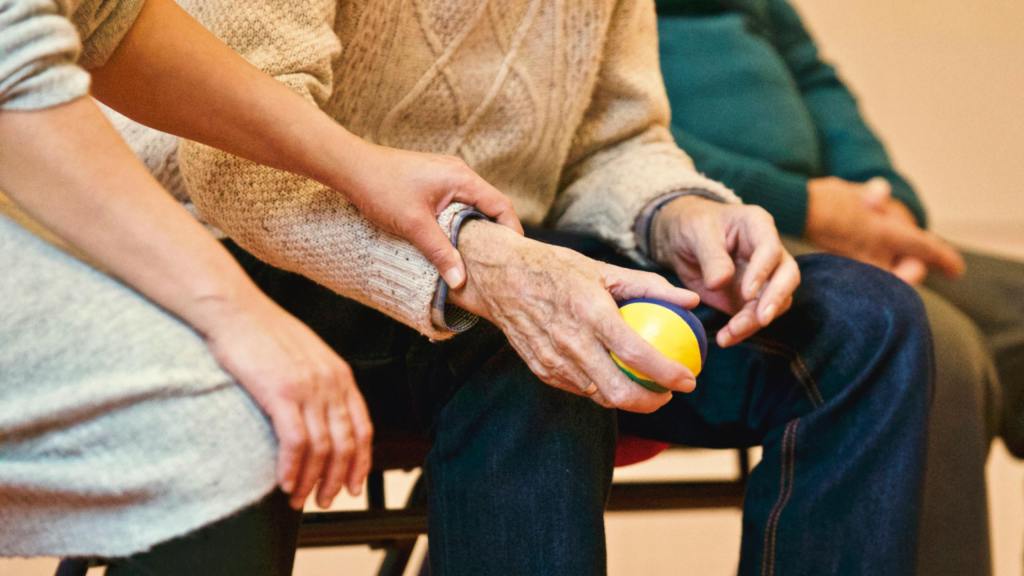
In-Home Alzheimer Care: Tips for Keeping Your Loved Ones Comfortable
- Keep your house well lit to avoid shadows, perceptual difficulties, and sun-downing.
- Remove scatter and throw rugs which are fall hazards. Use solid colors on walls and floors, as patterns can be distracting and confusing.
- Paint the wall behind the toilet a bold color so that the white toilet stands out.
- Use a colored toilet seat cover so that they can see where to sit/aim.
- Use signs with pictures to give directions to rooms, such as a toilet with an arrow to guide them to the bathroom.
- Minimize clutter and noise, as they are both confusing and overwhelming.
- Use visual markers as clues, such as a picture of socks on the sock drawer, pictures of soup on the soup cupboard.
- Avoid labeling with words as language often diminishes very early in the disease process.
- At mealtime use bold red plates and bowls to increase appetite and visual contrast.
- Disguise Exit doors for wandering risks by wallpapering to match the walls, using window curtains to disguise as a window, or muraling to look like a bookcase or dresser.
- If your loved one “sees people” who are not there, remove mirrors and pictures and see if the hallucinations subside.
- Remember that a household product such as dish soap, shampoo or laundry detergent can be deadly if consumed, and your loved one no longer has the ability to protect themselves from harm. Lock away anything that may be harmful if ingested, as they may accidently mistake it for food or drink.
More insights like this:
-

Delirium vs. Dementia: Causes, Symptoms, Treatments, and Preventative Measures
Read more: Delirium vs. Dementia: Causes, Symptoms, Treatments, and Preventative MeasuresFeelings of confusion, difficulty focusing, and memory loss can have many causes and, especially in older adults, can be hard to tell apart from more typical signs of aging. Delirium is a disturbance in mental abilities, resulting in confused thinking and reduced awareness of one’s environment. Symptoms of delirium typically come on quickly,…
-

What Caregivers Should Know About Early-Onset Alzheimer’s
Read more: What Caregivers Should Know About Early-Onset Alzheimer’sSymptoms, Stigma, Diagnosis, and Treatment Early-onset Alzheimer’s disease, also known as younger-onset, is the development of Alzheimer’s symptoms between the ages of 30 and 65. A diagnosis is relatively rare at a younger age, and while over 6 million people in the United States are living with Alzheimer’s disease, the true prevalence of early-onset is uncertain.…
-

15 Tips on Transitioning a Loved One to Memory, Dementia, or Alzheimer’s Care
Read more: 15 Tips on Transitioning a Loved One to Memory, Dementia, or Alzheimer’s CareAs a part of your journey caring for someone with Alzheimer’s or another form of dementia, there may come a time when the effects of the disease become too much for a caregiver to handle, and one must seek alternative care options. When deciding the right time to transition your loved one to…